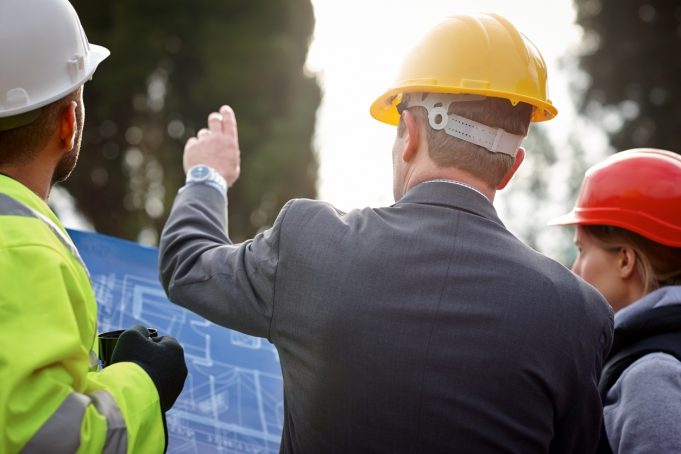A growing number of businesses around the world are reckoning with the difficult times ahead for the planet – in terms of social and economic inequality, international instability and environmental reckoning. Where previous efforts to right the course have fallen flat, an unassuming non-profit has risen to the challenge. Today, thousands of businesses are applying for certification from it, in the form of B Corp certification. But what is it, and how could it apply to your construction business?
What is a B Corp Certification?
B Corp certifications are awarded by a multi-national non-profit organisation called B Lab. The purpose of B Lab is to inspire a global shift in business practices, in order to promote a more positive and sustainable form of economy. B Lab has equity at the core of its model, and its B Corp certification is designed to hold companies accountable for their own processes in this regard.
Obtaining a B Corp certification is an extensive process, during which a business’s track record in terms of social and environmental impact is thoroughly interrogated. Winning a B Corp certification indicates a business’ commitment to key policies and endeavours that provide tangible contributions to the progression of economic and social equity and environmental causes.
Any business can apply for certification by B Lab, providing they have been operating in a competitive market for more than twelve months. This means that established construction businesses could stand to benefit from the resources and opportunities that a B Corp certification represents. But what changes should your construction business make in order to improve its chances of certification?
High Societal and Environmental Performance
First and foremost, the certification is designed to promote serious and tangible action when it comes to social impact and the environment; the purpose of the certification was to reverse the passivity of ‘sustainability’ branding and re-introduce actionable procedures and accountability action for better environmental policy.
As such, your construction business could lead by example and begin to make definitive changes in order to improve its sustainability. Directives of any and every size can help here.
For example, you could use newer, wireless battery-powered chainsaws instead of petrol-powered chainsaws for destructive work, minimising the carbon footprint of your toolsets. You could electrify your construction fleet, removing petrol as a consumable altogether.
You could also address your wholesale and raw material suppliers. By holding suppliers accountable for their own sustainability, you can inspire change in the wider industry; instituting sustainability requirements for suppliers and contractors on larger projects can have a big impact.
Transparency
In order to ensure the efficacy of your B Corp certification, your business needs to be completely and utterly transparent about its processes and efforts. Success in obtaining certification will require publication of your B Impact Assessment scores, enabling others to see your current efficacy with regard to social and environmental accountability whether you’re a Structural Engineers Cumbria, or work in construction. Your business will also be recertified every three years to ensure that you are continually improving your business in its aims for high social and environmental performance.














